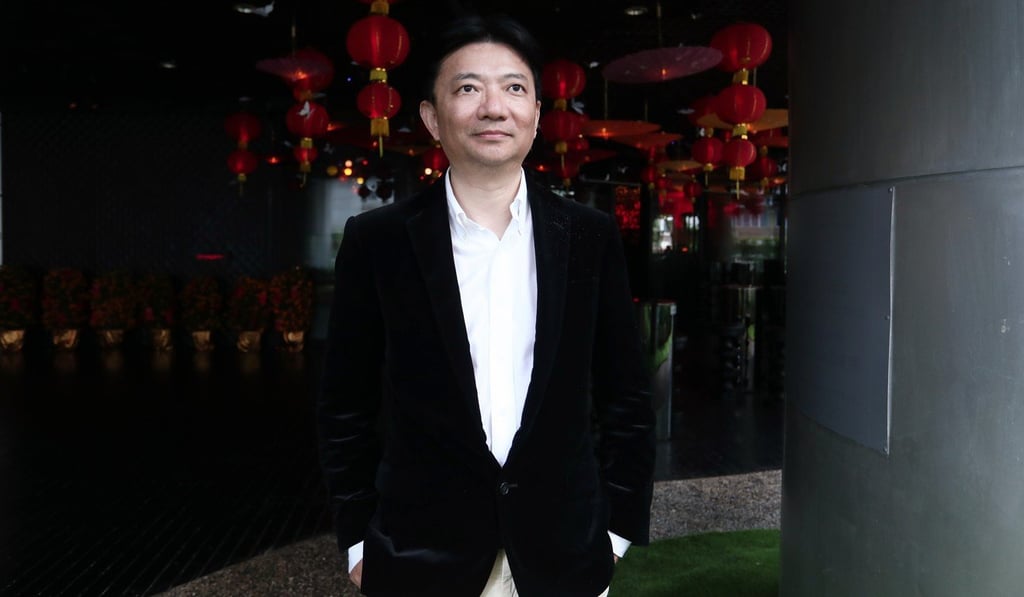After matching 140 million Chinese singles, Zhenai’s founder sets sights on marrying AI to blockchain
Li Song says he doesn’t like that a few internet giants monopolise data and traffic, which is detrimental to entrepreneurship, and is eager to see decentralised applications

Li Song has the qualities of a textbook serial entrepreneur: he loves talking about ideas, is capable of putting them into action, knows how to pivot when things don’t pan out and has a huge appetite for risk. That appetite for risk has paid handsome dividends.
“Life’s a journey, I’ve given more than a decade of my life to Zhenai and now I’d like to try something different,” says Li.
Born in a suburb of Shanghai, Li trained as a molecular biologist at Cornell University and, after realising that fiddling with Petri dishes in a lab wasn’t his thing, switched to Columbia University, where he earned a PhD in finance. After years working as a senior investment banker in the US and Hong Kong, he fulfilled a lifelong dream to run his own business.
Zhenai, which translates as “true love”, was his second venture after MeMeStar, a short message-based chat forum that was sold to the Chinese web portal Sina. Following a year of “gardening leave”, he set up a music sharing company that was eventually transformed into Zhenai.com.

Li founded Zhenai in 2005, but it wasn’t until 2008 that it started to take off. He attributes the success that followed to the rapid adoption of smartphones. He recalls long management meetings to discuss whether to spend the advertising budget on the website or the mobile app or to split it between the two. He was undecided until one day he happened to take the Hong Kong MTR, breaking from his usual routine, and he was surprised to see that everyone around him was glued to their smartphones.